Serving all of Long Island & the Hamptons Daily!
Which is Better, Copper or Bronze?
According to a geological survey conducted in the United States by Live Science, copper is the third most used metal with aluminum and iron taking the first two spots. There are reasons that make copper a popular metal, but it's not enough to determine if it's better than bronze. Read on to find out which is the better option.
Before we dive into determining which one is better between the two in the
metal supply industry, let's define the two metals.
What is Bronze?
Bronze is an alloy of copper, which results from a chemical process of adding tin to copper. It also has other alloy elements like lead, zinc, nickel, silicon, etc.
The composition of its elements aims to improve the metal. In addition, this composition results in varieties of bronze. The typical bronze is reddish-brown, brittle, and is of low friction.
What is Copper?
Copper is a free and naturally occurring metal. It has a reddish-brown appearance on a freshly cut and exposed piece. Due to its malleable, soft, ductile, and high thermal and electrical conductivity, it can be used in various applications
Comparison to Determine Which One is Better
In terms of thermal conductivity, bronze is an alloy. The rate at which it transfers heat and energy is higher because it increases with the increase in temperature. But, the thermal conductivity of copper remains the same despite the increase in temperature because it is a pure metal.
As for electrical conductivity, which is the amount of current generated by the target surface of a material, copper is the standard measure of rating other industrial metal supply materials. And it's 85% more conductive when compared to bronze.
When it comes to hardness, bronze is more resistant to deformation, while the brittle nature of copper makes it susceptible to fracture. Therefore, if you are looking for workability, copper is your choice, but bronze should be your best choice in terms of resistance to wear.
In the case of durability, bronze is more sturdy and hard metal, and it's highly resistant to corrosion. Unlike bronze, copper is highly flexible and susceptible to corrosion because it cannot resist water.
Choosing a better metal supply between bronze and copper is determined by your project requirements. Each of them has characteristics best suited for different applications.


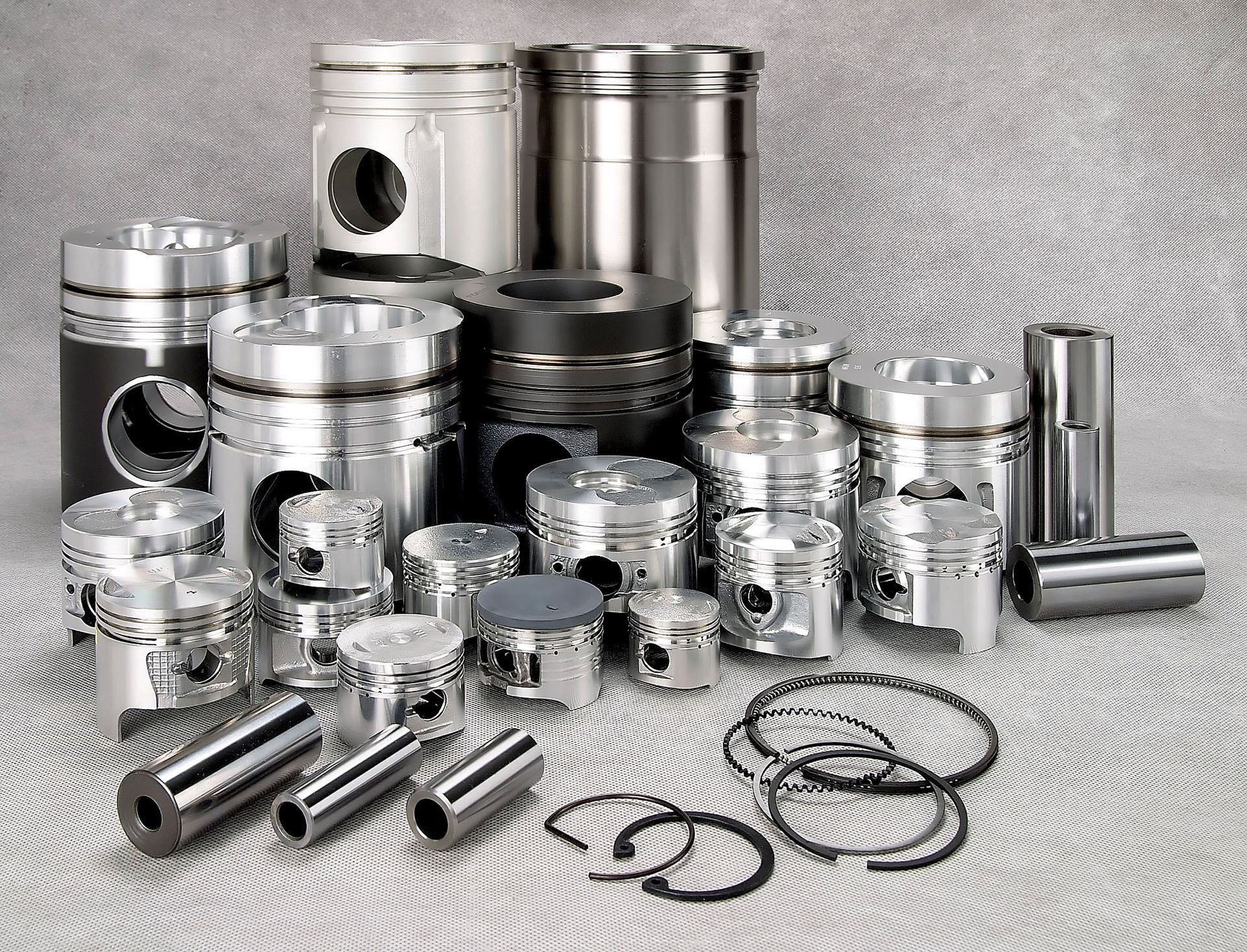
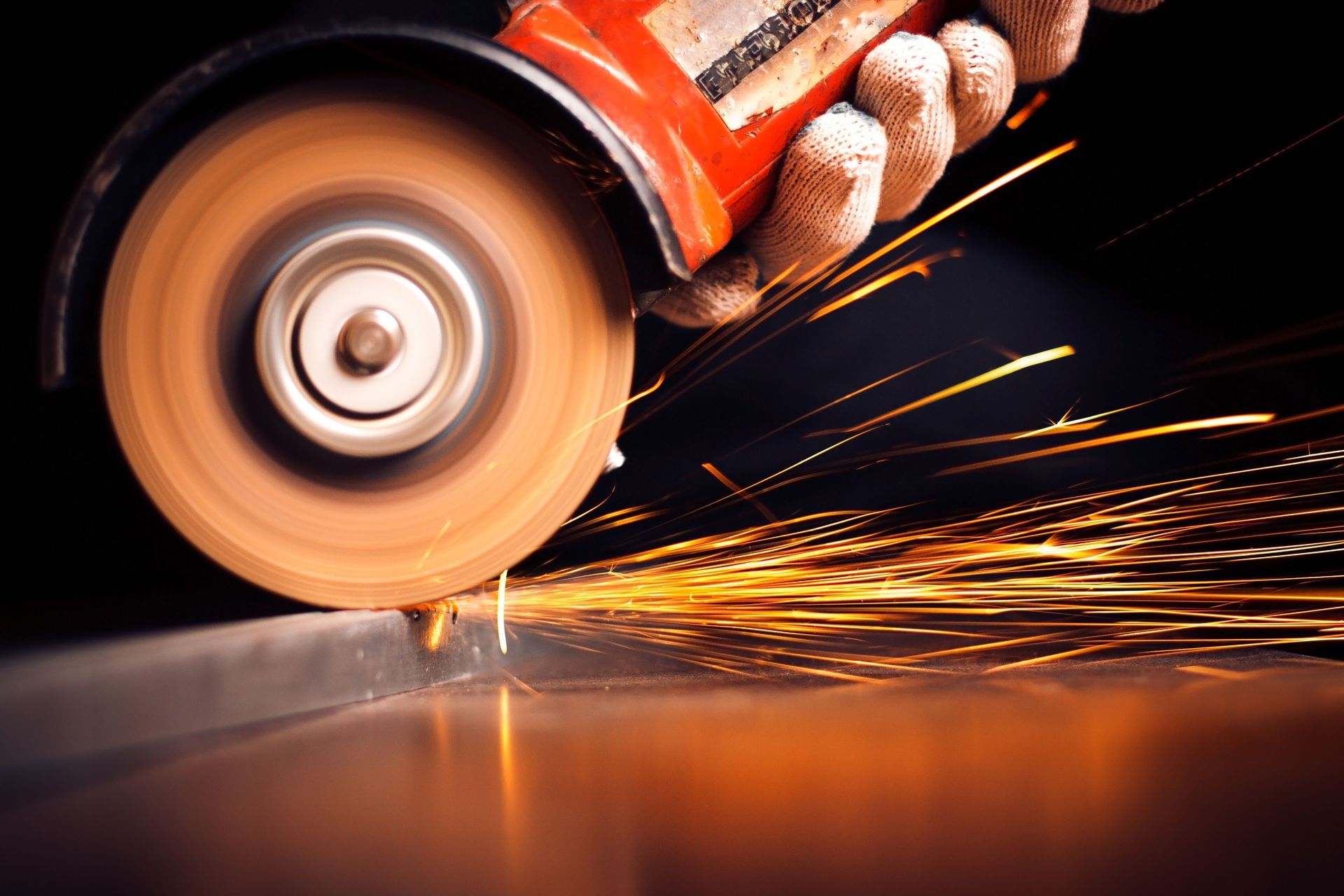
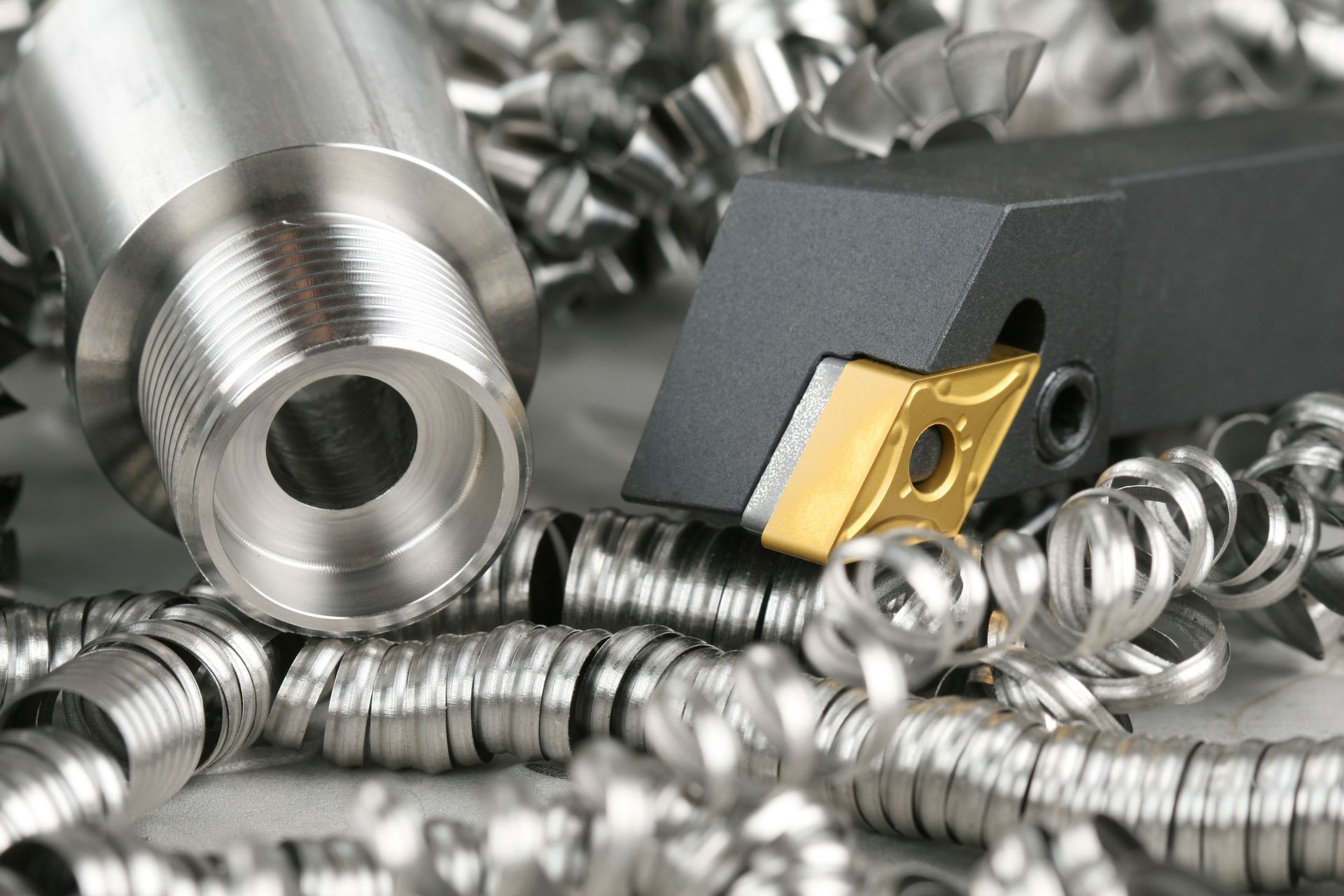
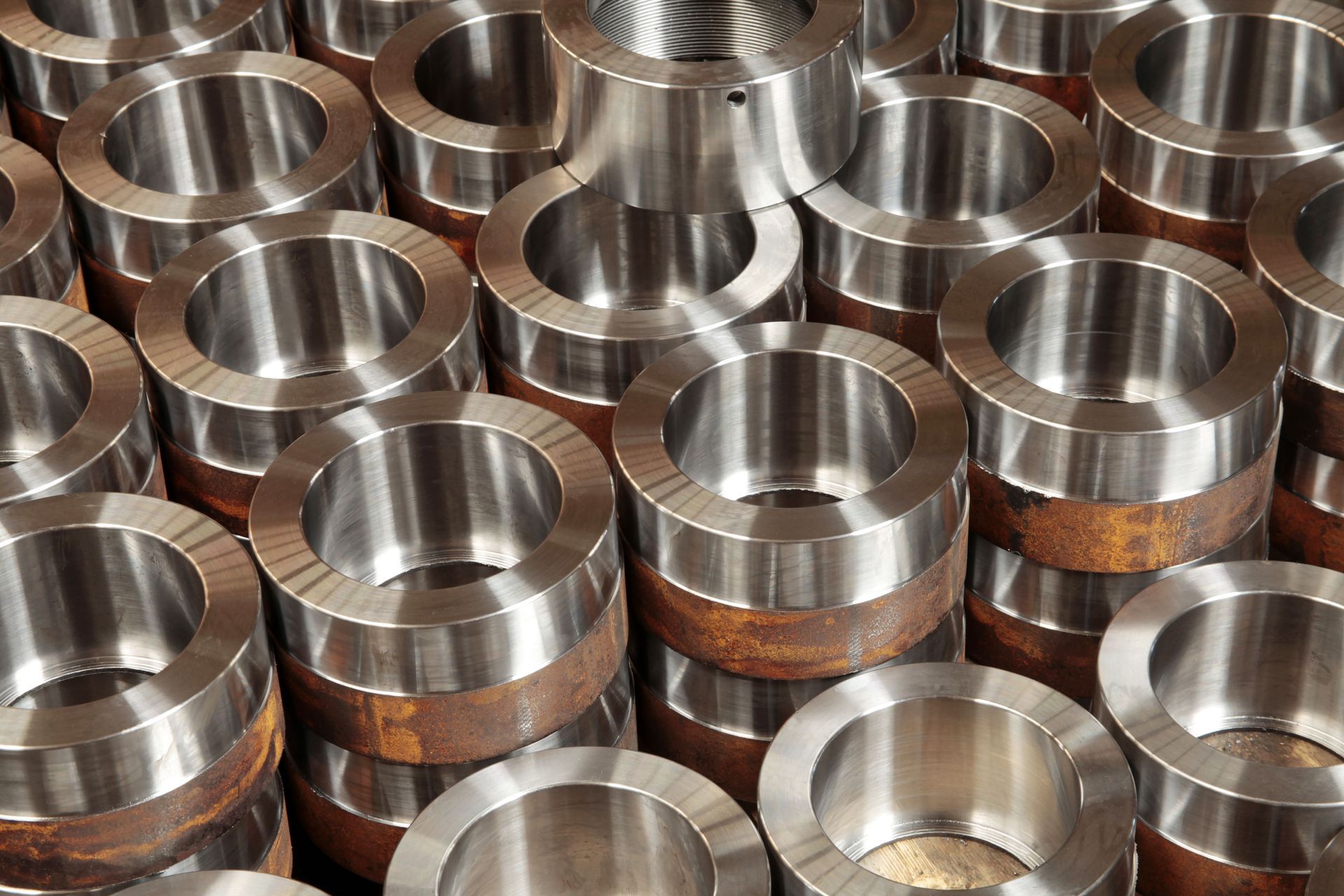
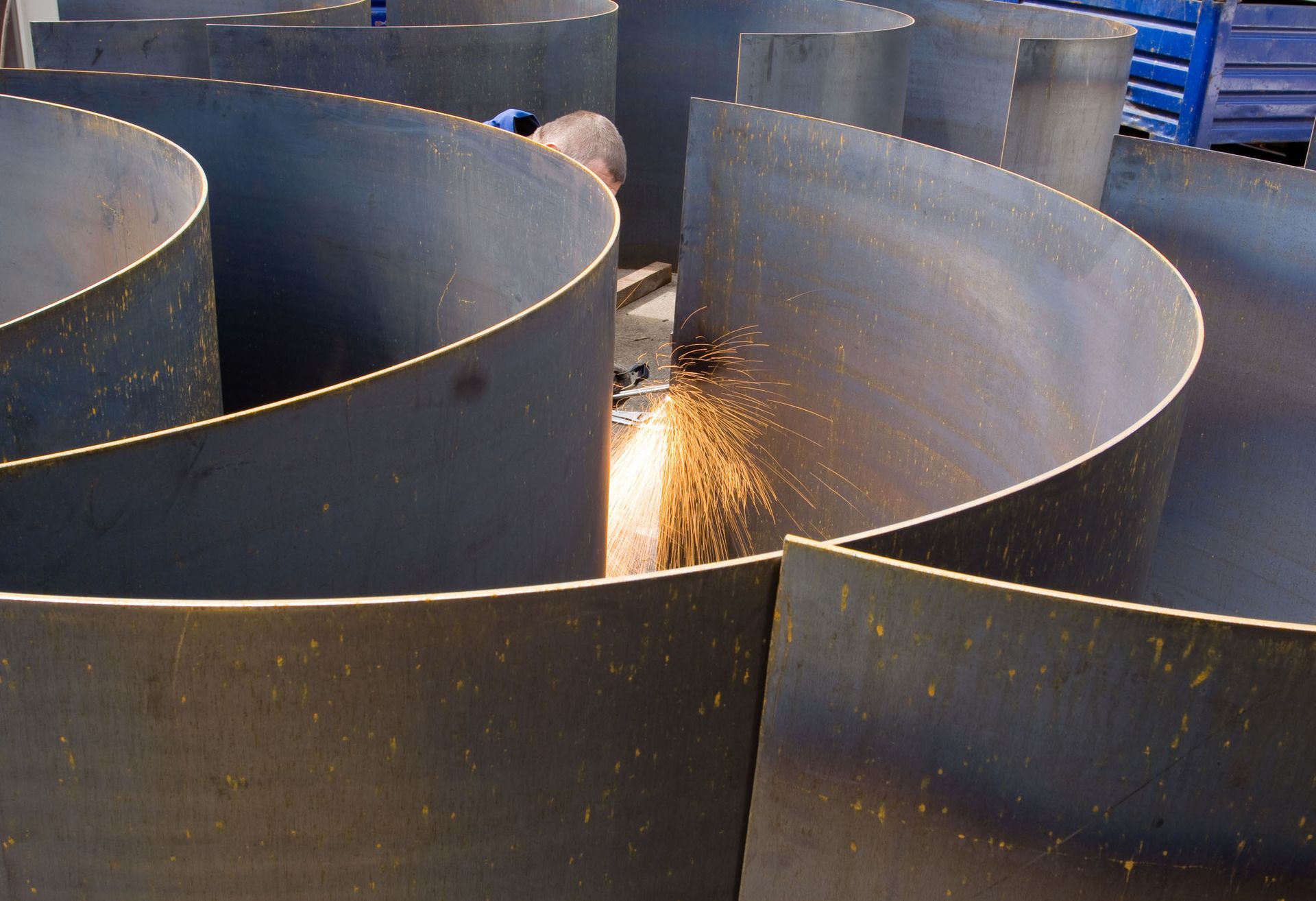
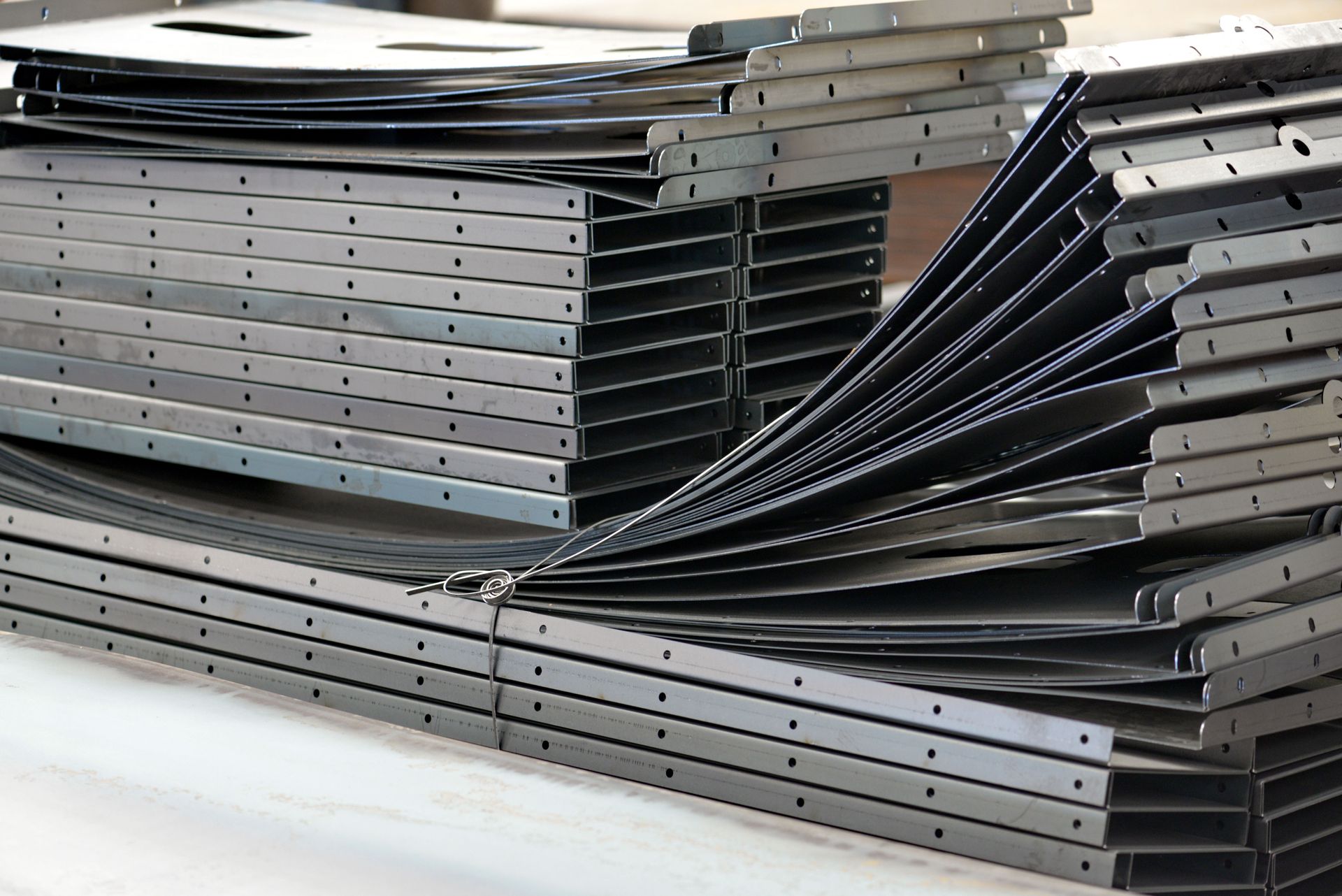
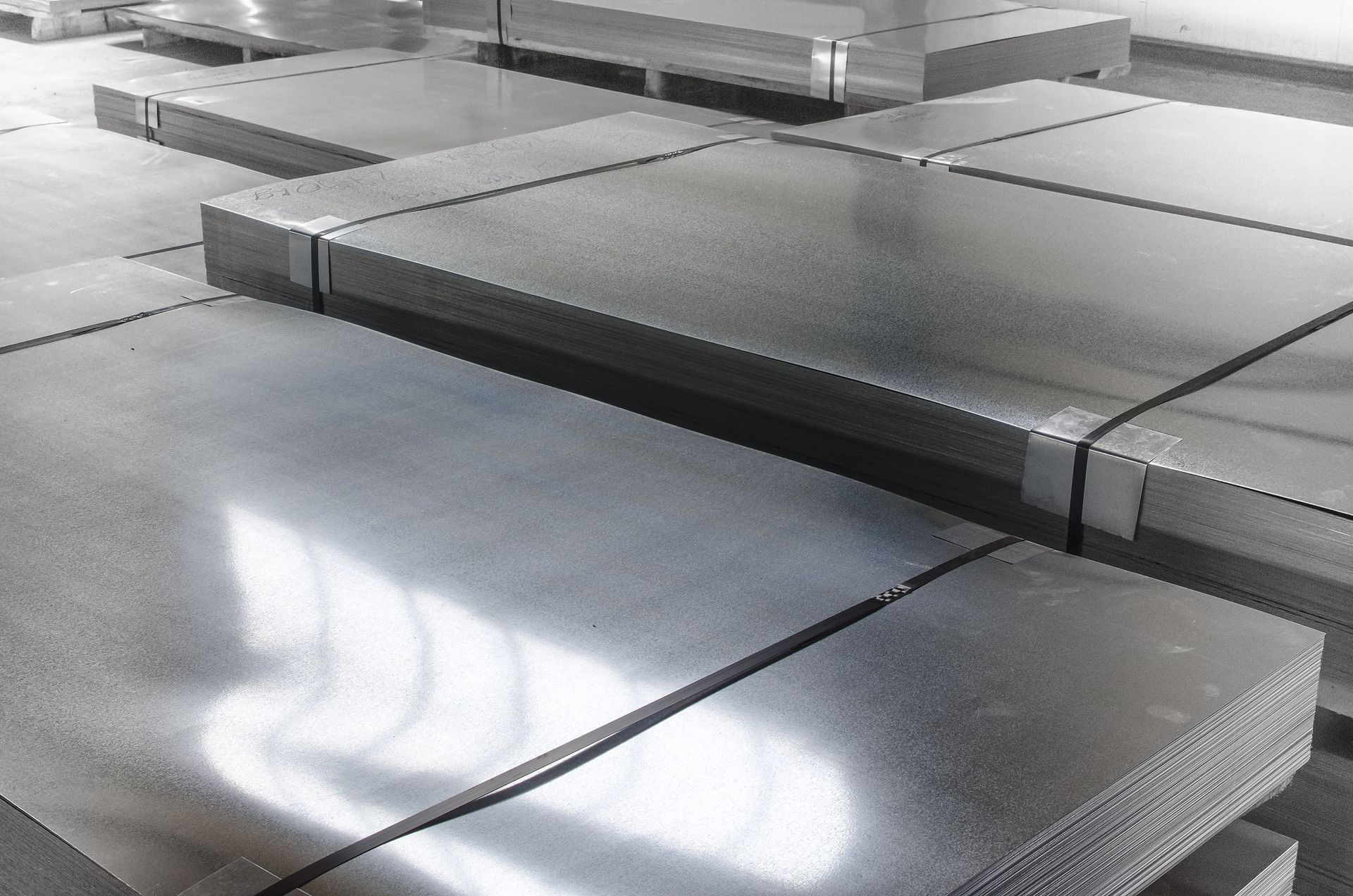

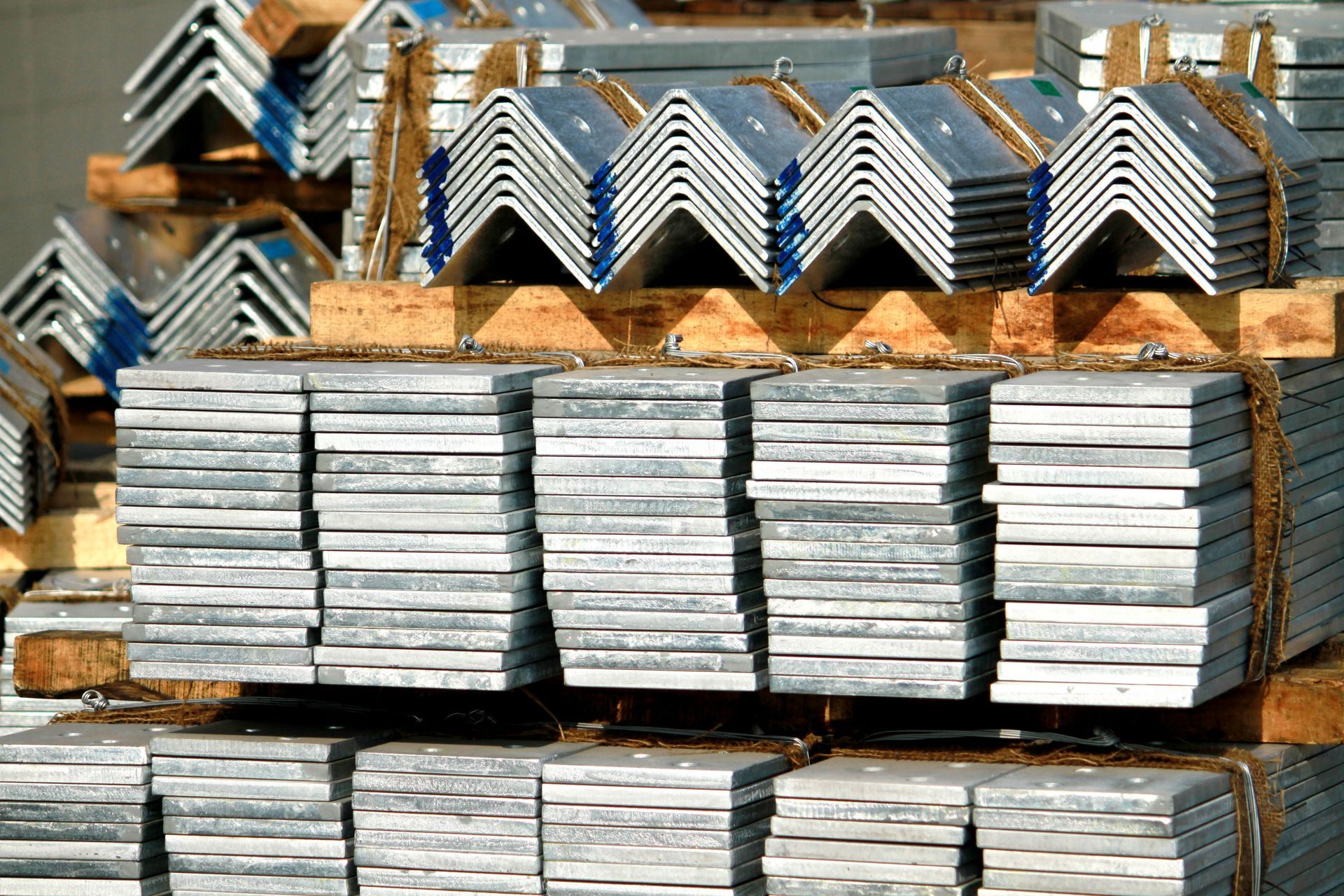
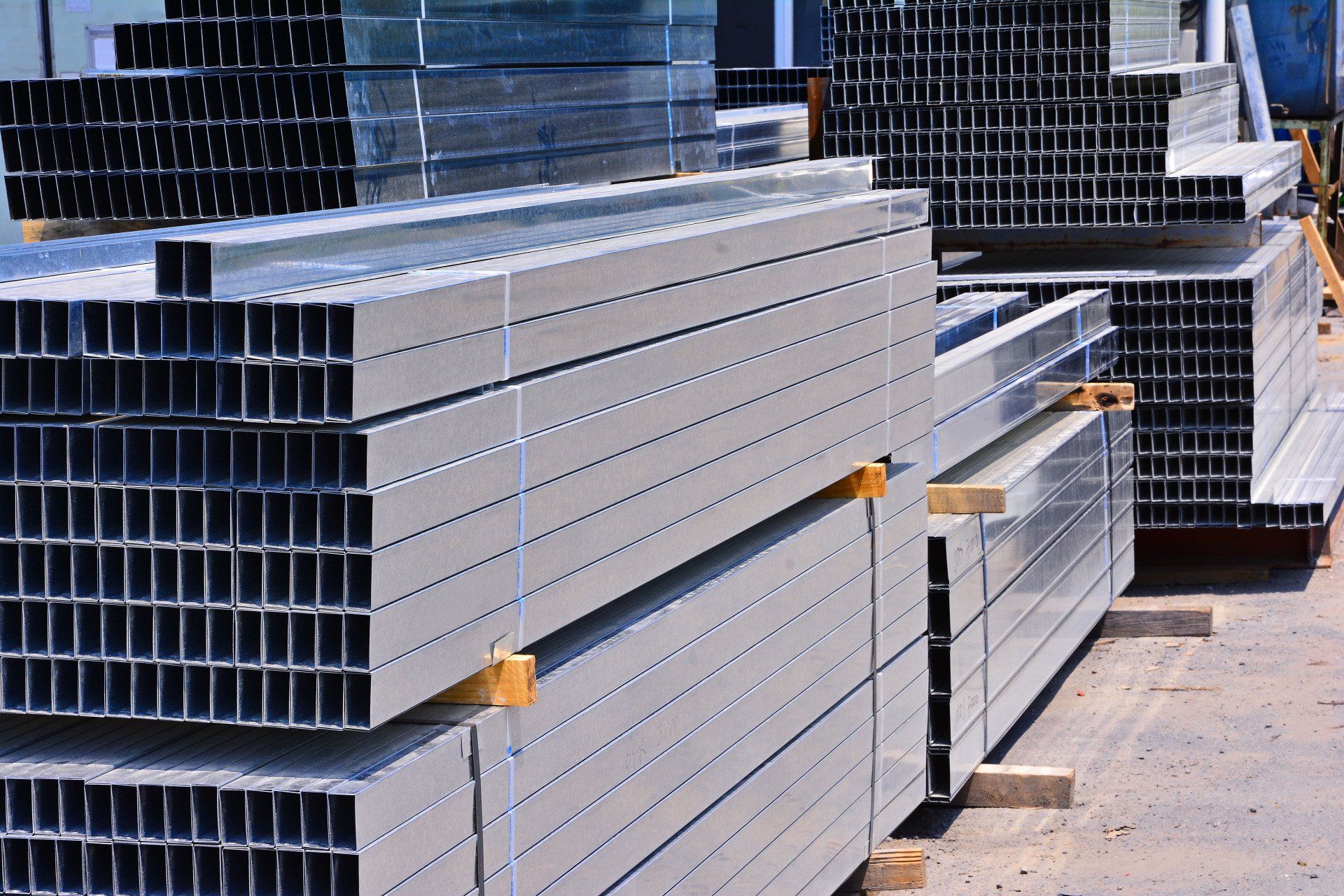
Share On: